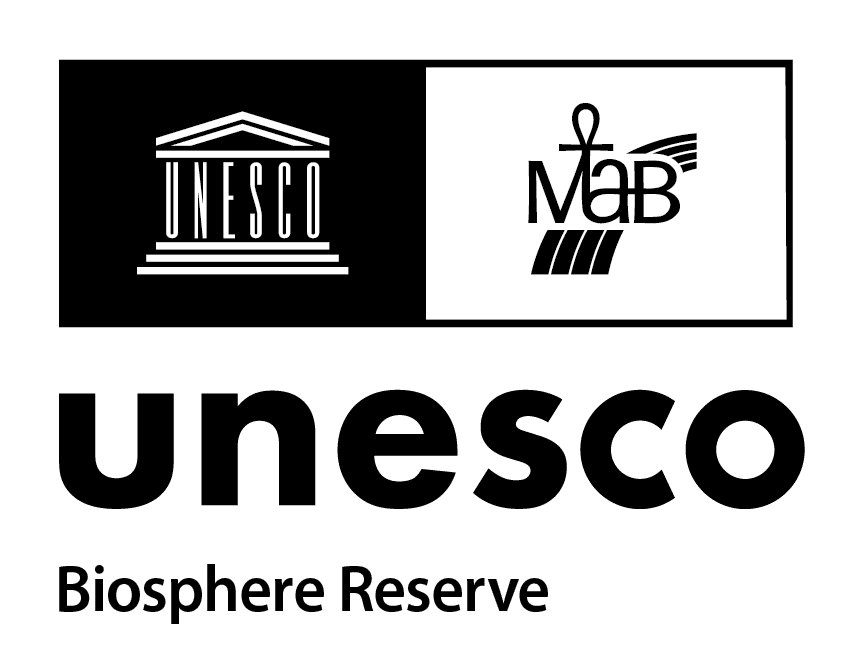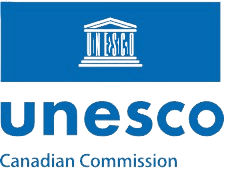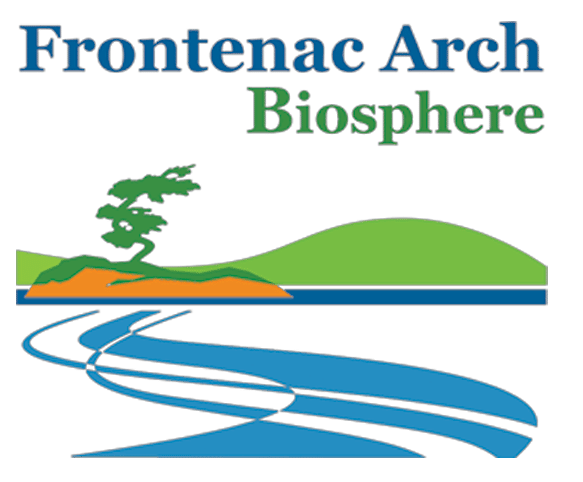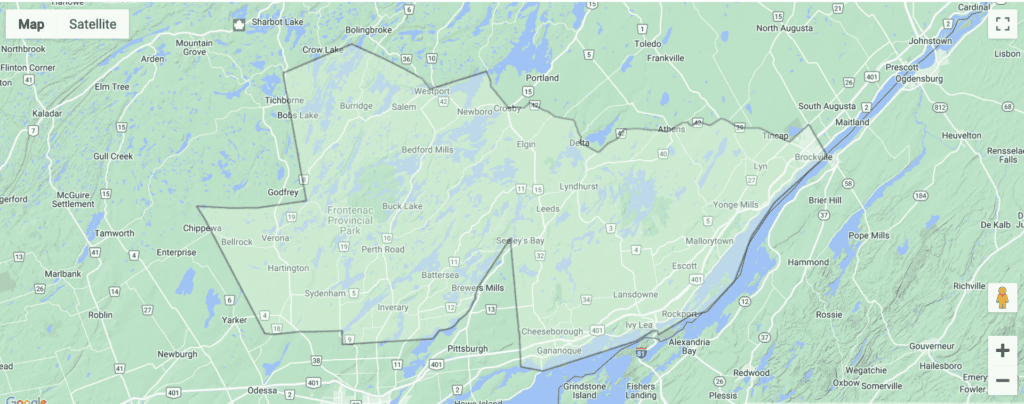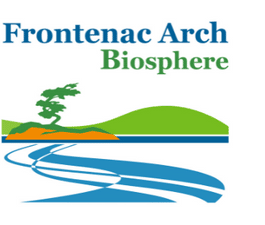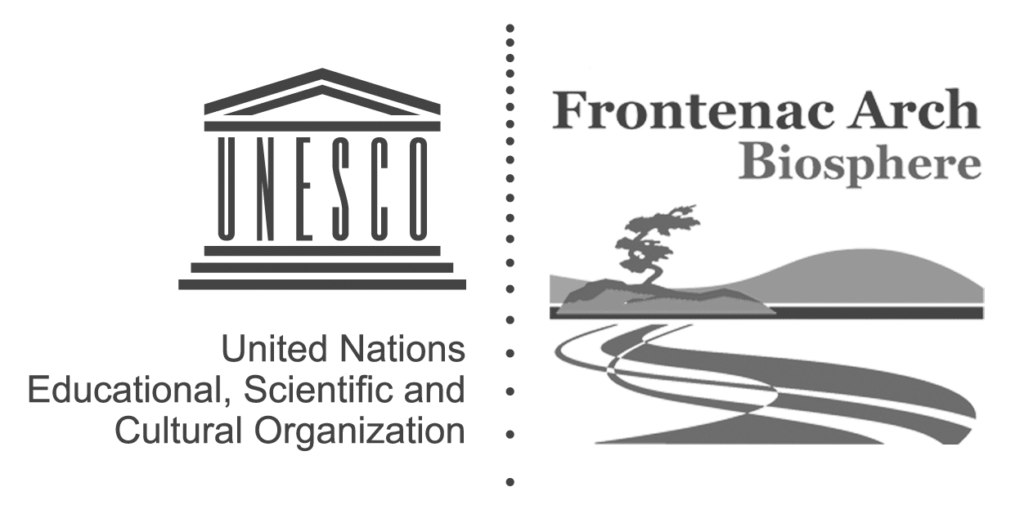About Us
What is a Biosphere Region?
Biosphere Regions integrate three main “functions”:
- Conservation of biodiversity and cultural diversity
- Economic development that is socio-culturally and environmentally sustainable
- Logistic support, underpinning development through research, monitoring, education and training
These three functions are pursued through the Biosphere Reserves’ three main zones
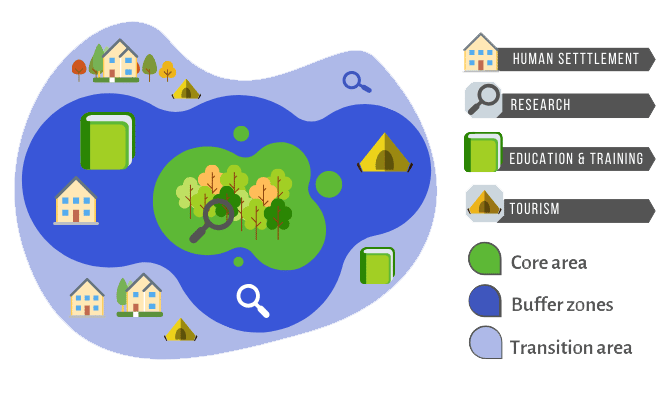
About the Frontenac Arch Biosphere Region
The Frontenac Arch Biosphere
About the Frontenac Arch Biosphere Network
Our Values
1. Celebrate Life
We celebrate people and nature
2. Empower People
We enable participation
3. Model Solutions
We explore new ways everyday
4. Belong Together
We are part of something bigger
Our Vision
Our Mission
Our Staff
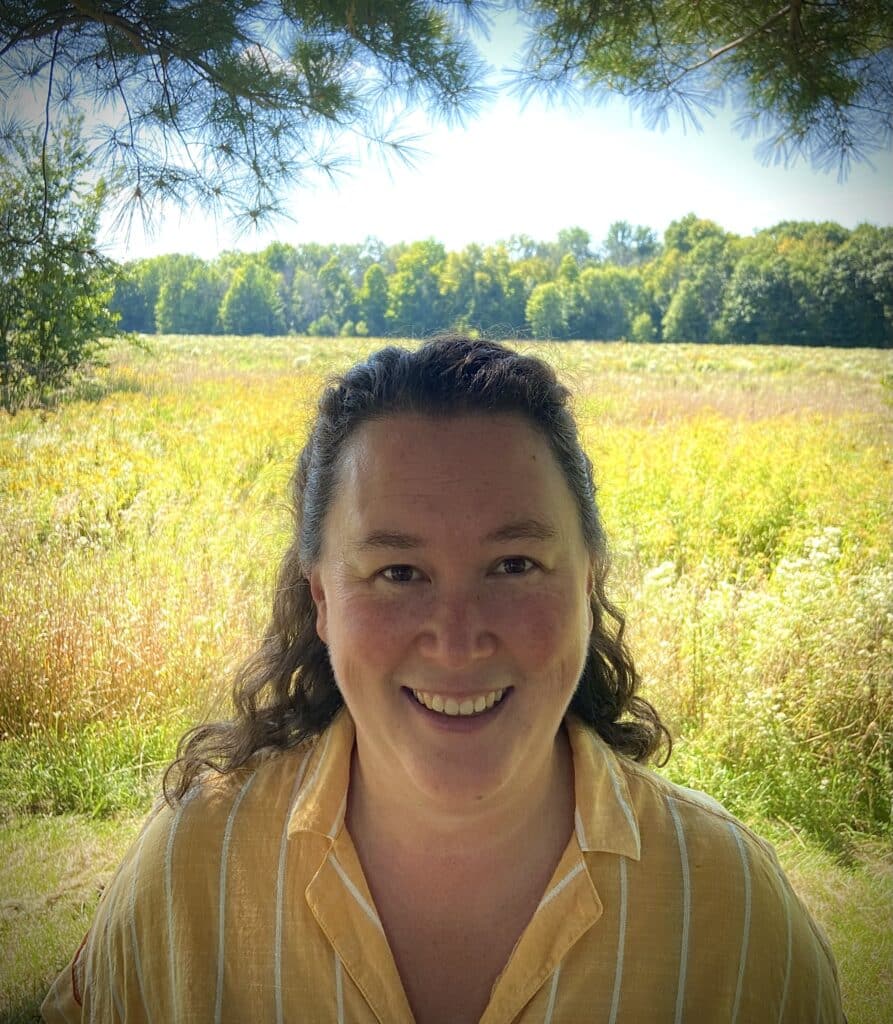
Shannon Lem
Executive Director
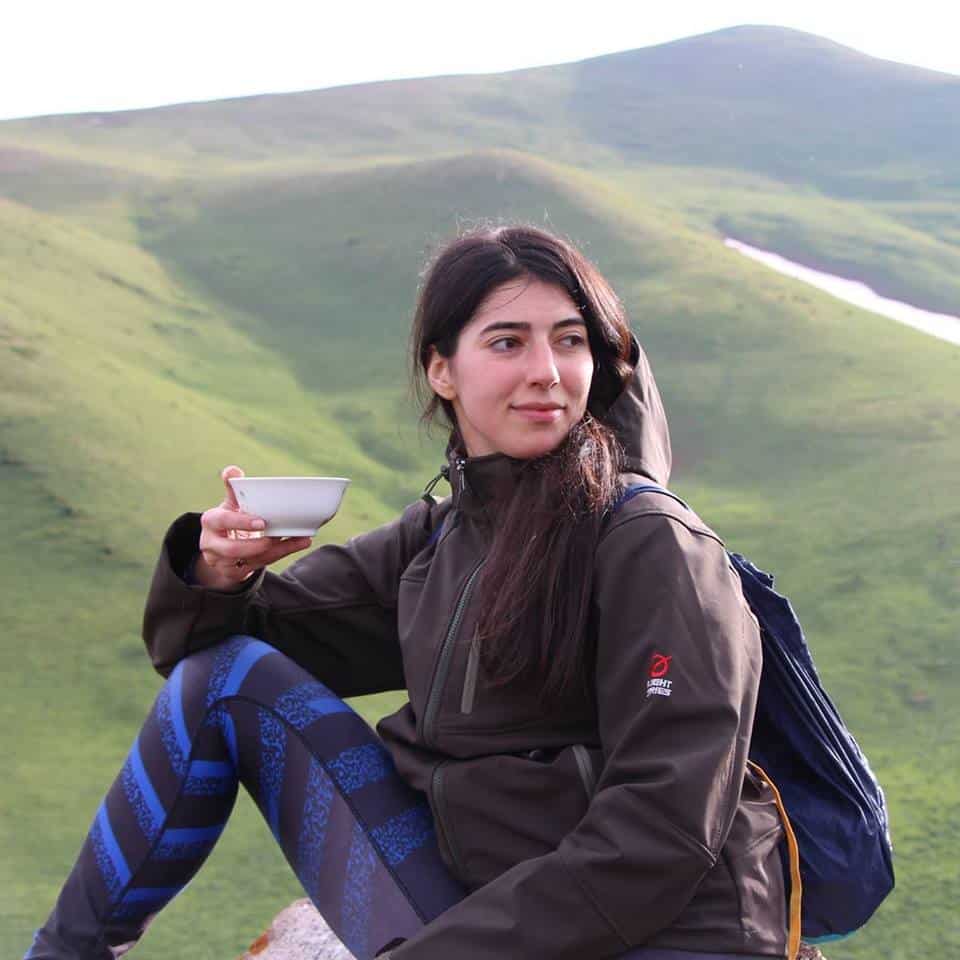
Leila Vaziri Zanjani
Conservation Specialist
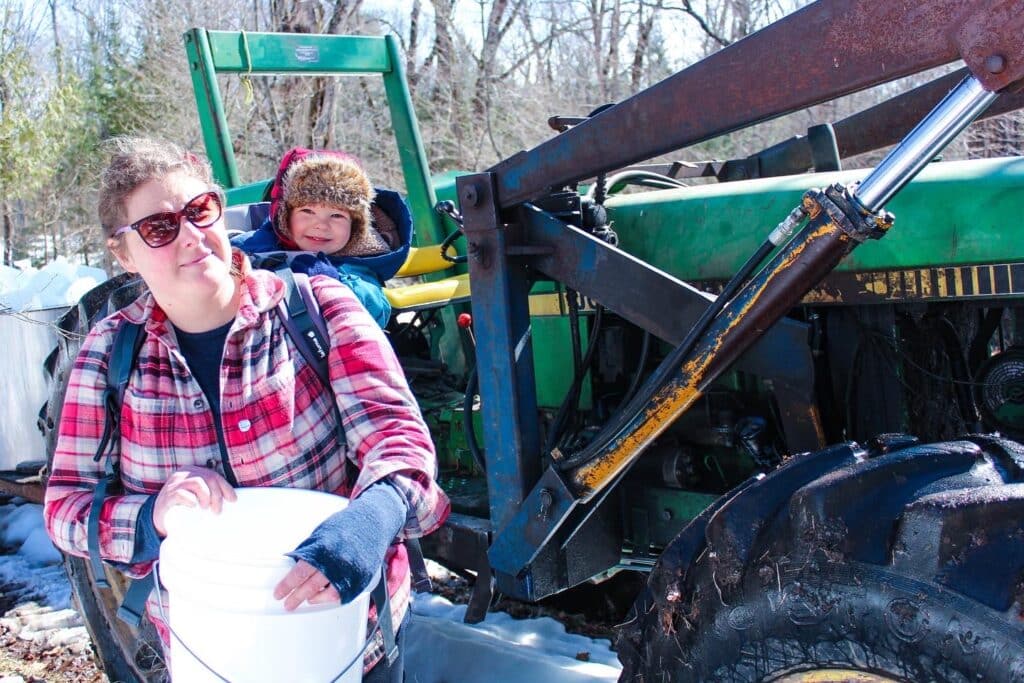
Christine Grossutti
Conservation Project Manager
Christine wrote her PhD thesis about the Biosphere regions in Canada. She enjoys helping out on her partner’s maple syrup farm in springtime and following her kid through the woods all year round.
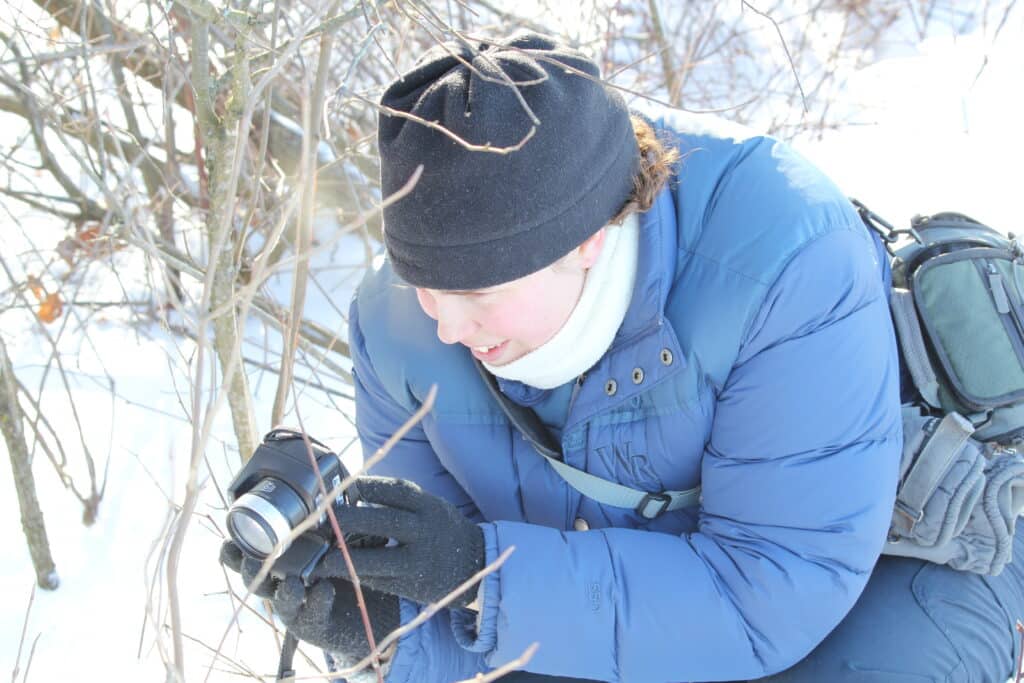
Victoria Renner
Youth Climate Action Summit Program Manager
Victoria appreciates the small things in life… especially if they have 6 or more legs! Victoria loves hiking, camping and paddling in the Biosphere, and trying to identify what she sees.
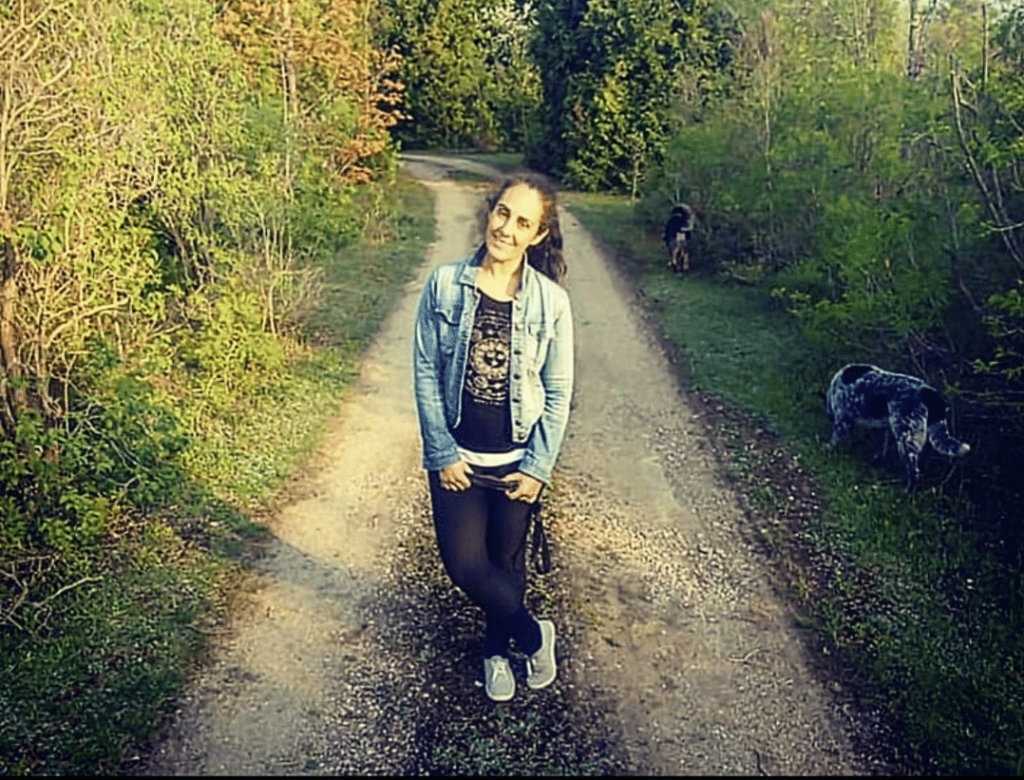
Deborah D'Amico
Senior Development Lead
Deborah has a life long connection to nature and the environment. Over the last two decades, she has worked in communications and fundraising. She has art and art history degrees from the University of Toronto and the University of St Andrews, Scotland.
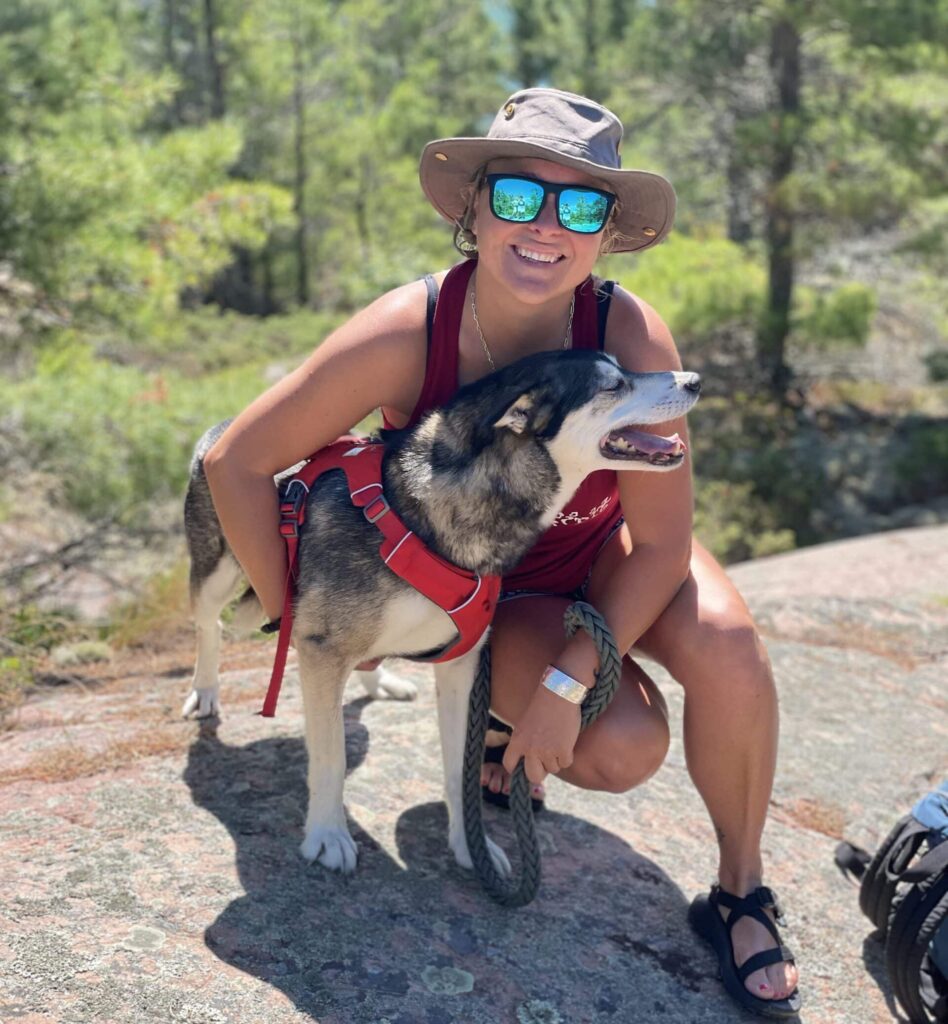
Kim Chamberlain
Nature Camp & Education Manager
Kim grew up on the shores of Georgian Bay, sparking her lifelong passion for nature. She has a diploma in Outdoor Adventure Education and has spent her career teaching and guiding in the backcountry of Northern Ontario and British Columbia. You can find her paddling, camping and hiking every chance she gets.
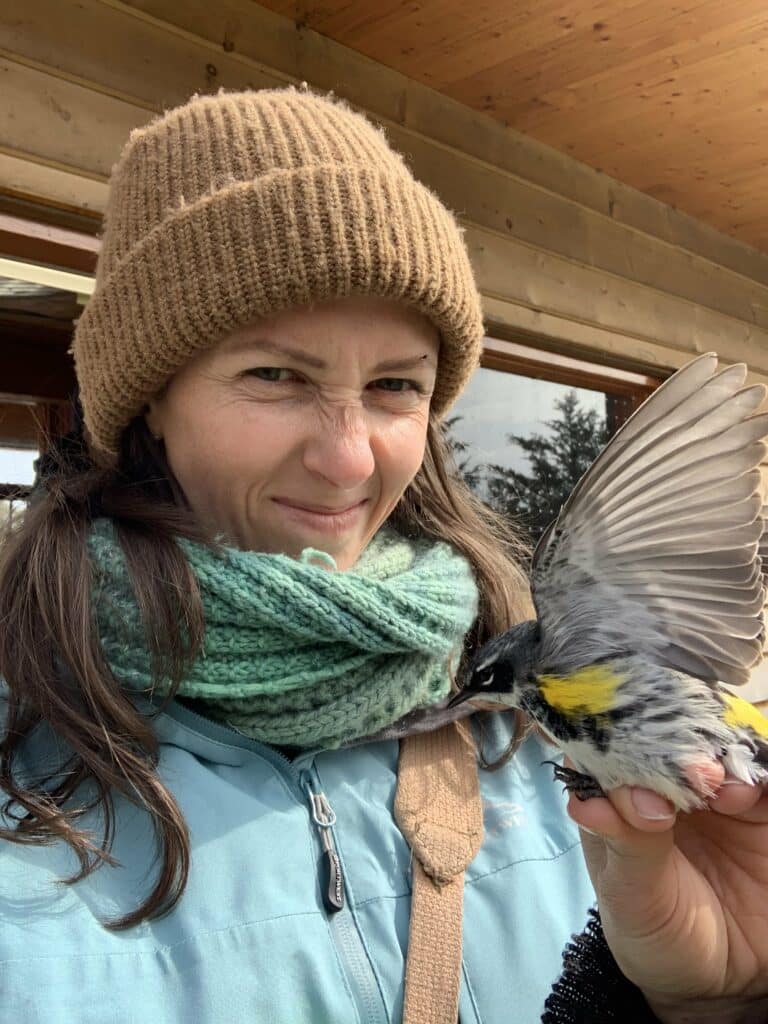
Becky Lamb
Communications & Outreach Coordinator
Becky is a nature nerd through and through that loves to create opportunities for people to get outside in their own neighbourhood. She/they have worked in community and destination development for 12+ years, including roles with Evergreen Canada, Toronto Botanical Gardens, and Prince Edward County.
Board Of Directors
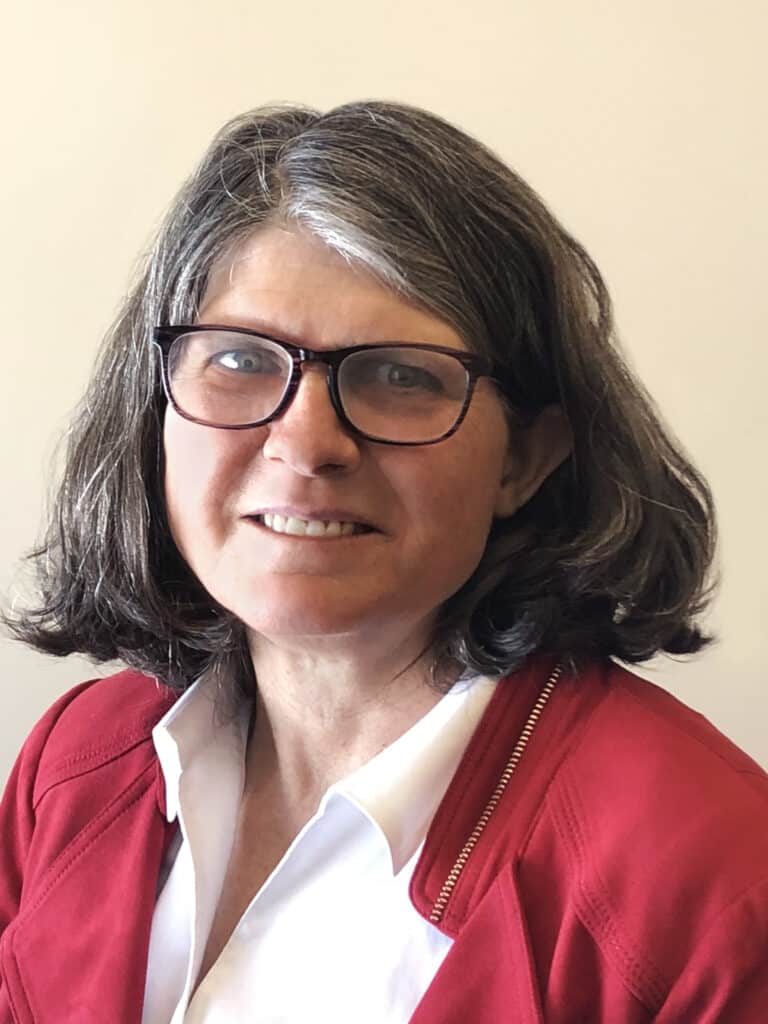
Helen Anne Hudson Co-Chair

Steve McGovern Co-Chair
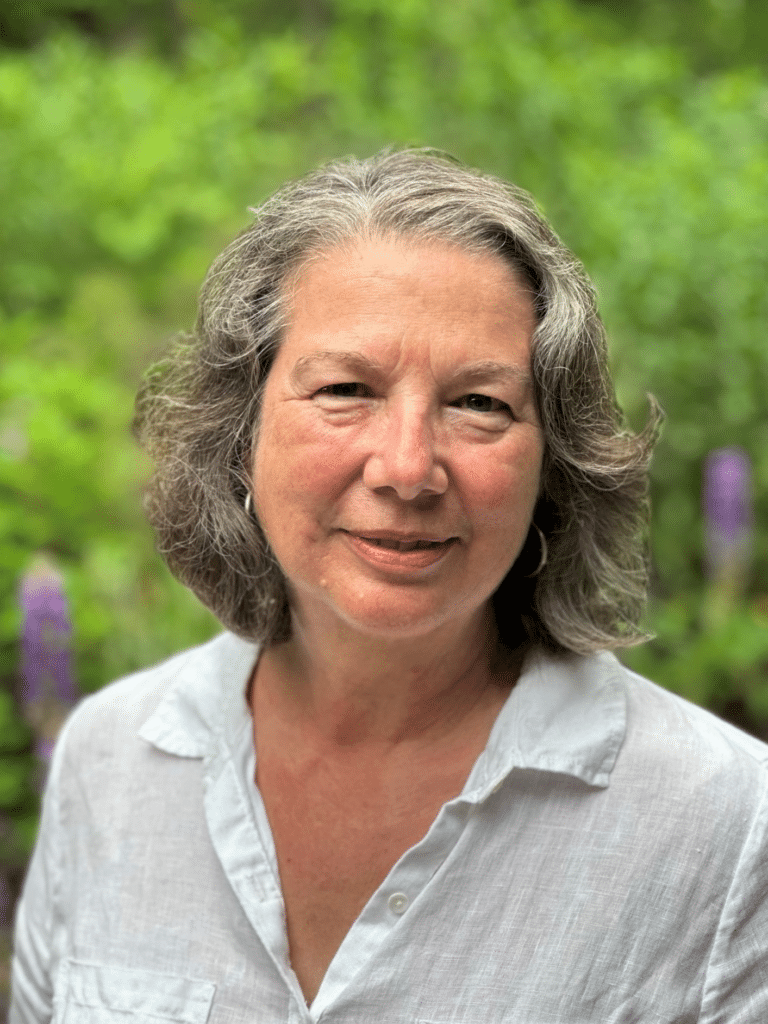
Katherine Macklem Treasurer
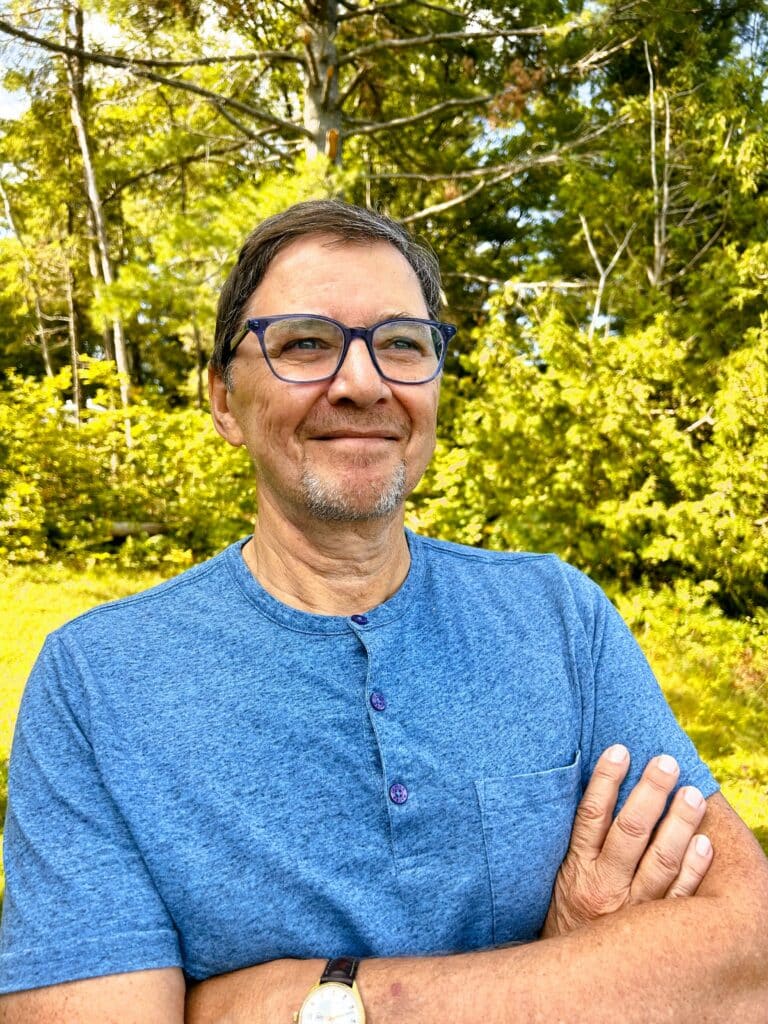
Rick Boychuk Director

Jim Delaney Director
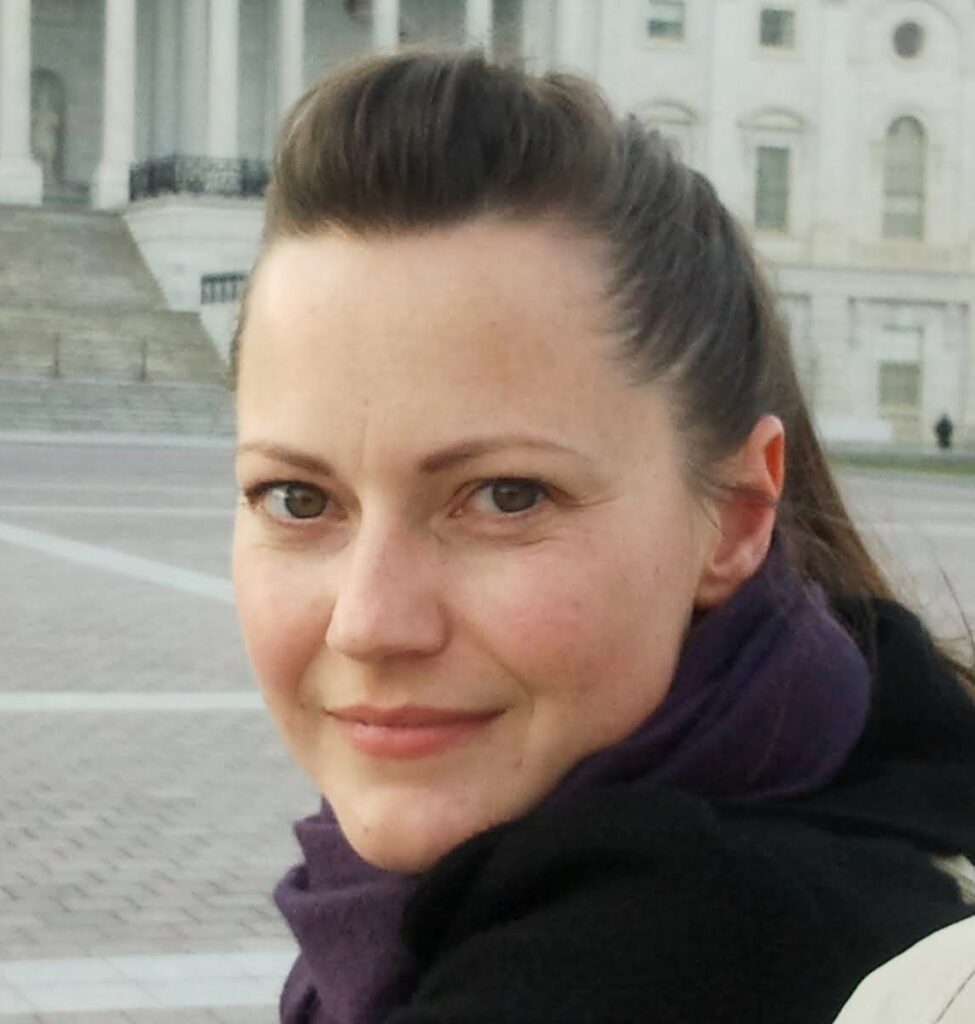
Lindsey Dickie Director
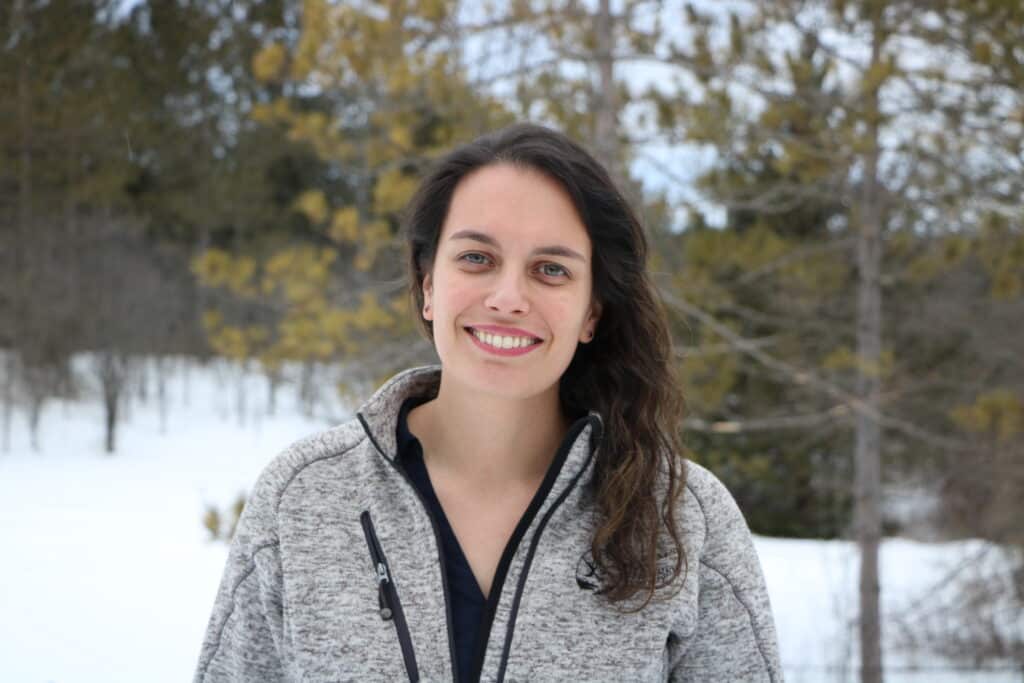
Katrina Furlanetto Director
Katrina Furlanetto is the Manager, Funding – Adaptation in Action which supports the development and implementation of the Local Leadership for Climate Adaptation program within the Green Municipal Fund at the Federation of Canadian Municipalities. As the past General Manager for Cataraqui Conservation, she has worked within the environmental sector for over 10 years specializing in aquatic health, field work, strategic leadership, and climate change adaptation, and brings experience of working with non-profit governance.
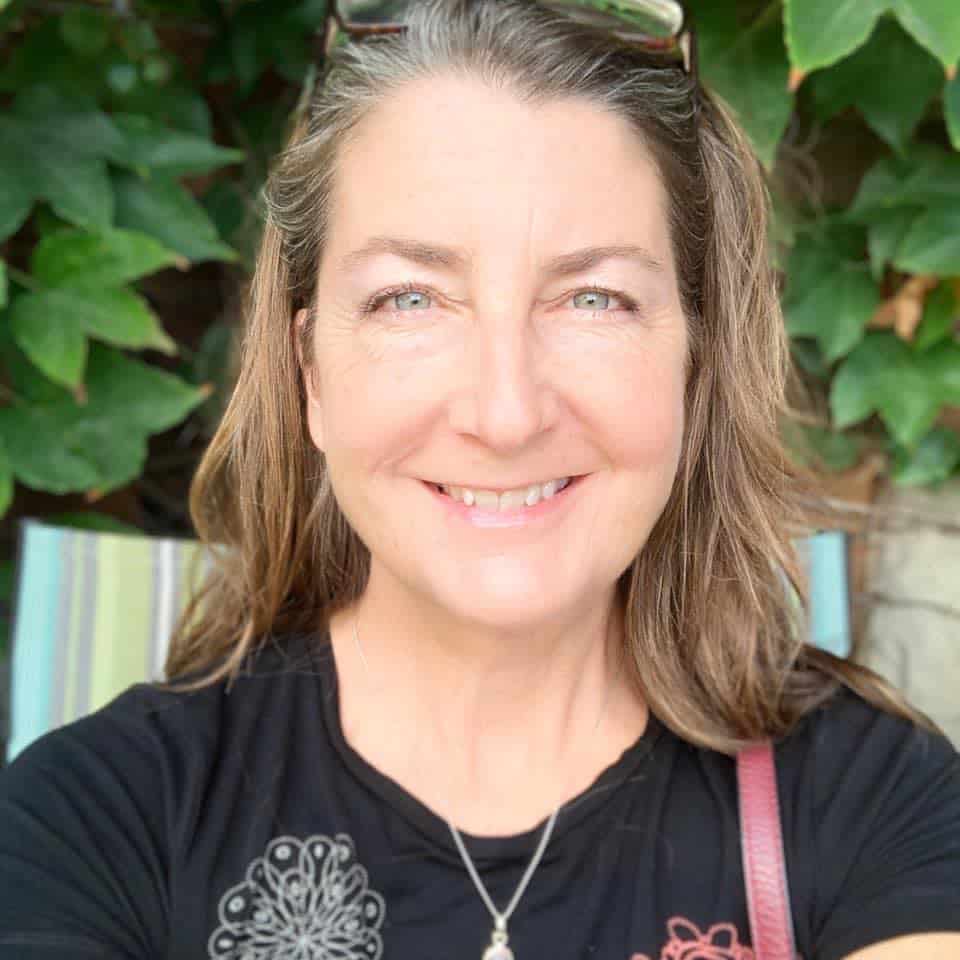
Deb Lace-Kelly Director

Adrienne O’Neil Director
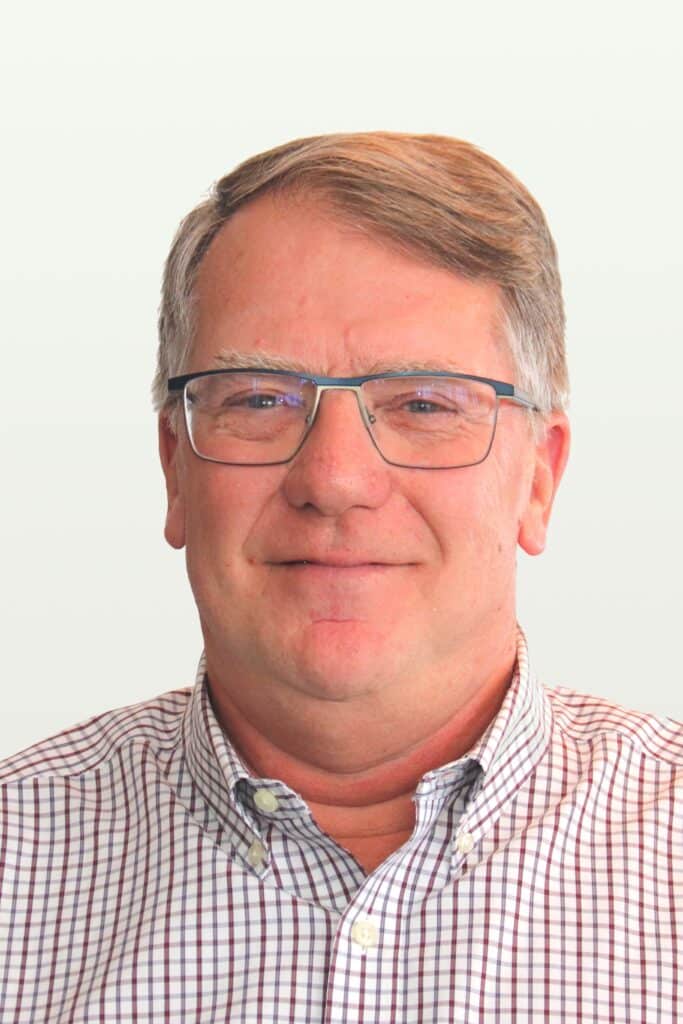
Alan Whyte Director
Do you have a passion for nature conservancy and sustainable development? Inquire about Board positions with the Frontenac Arch Biosphere by emailing us at info@fabn.ca
Our Local Network
- Algonquin to Adirondacks
- Brockville Hiking Club
- Cataraqui Region Conservation Authority
- Champlain-Adirondack Biosphere Reserve
- Charleston Lake Association
- Friends of Charleston Lake Park
- Friends of Frontenac Park
- Frontenac Arch Biosphere Foundation
- Hike it Baby - Brockville
- Kingston Field Naturalists
Our Global Network
The Frontenac Arch Biosphere is part of a broad global network of over 700 UNESCO sites in more than 130 countries. Within that global context, the Canadian Network of UNESCO Biosphere Regions, consists of 19 sites, situated within the traditional territories of over 50 Indigenous Nations.
Each UNESCO Biosphere Region contains inspiring, globally unique and biodiverse ecosystems, conserved by a locally-appropriate, inclusive approach to Sustainable Development.
The knowledge acquired from each endeavour across the network is shared among other UNESCO Biosphere Regions in Canada, and also among sites across the world network.
Altogether, Canadian Biospheres span over 235,000 km2 and conserve both the long-term health of the environment as well as the quality of life for 2.3 million Canadians.
